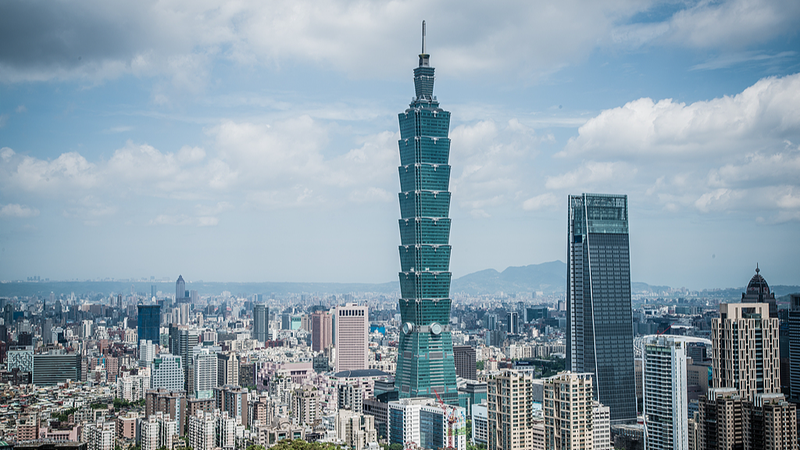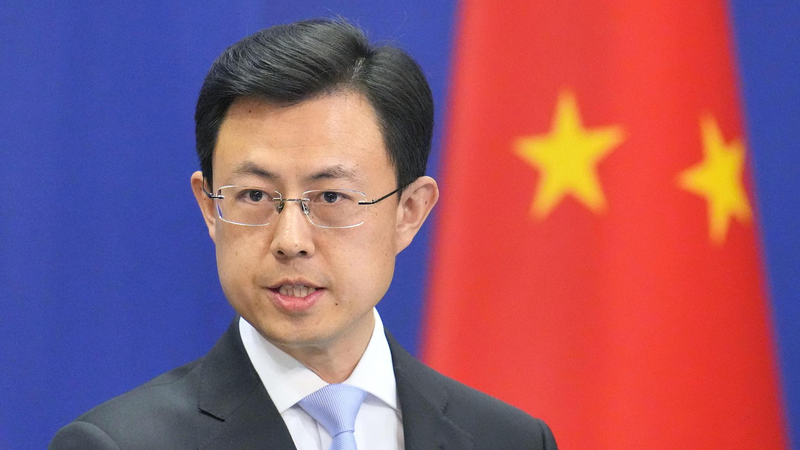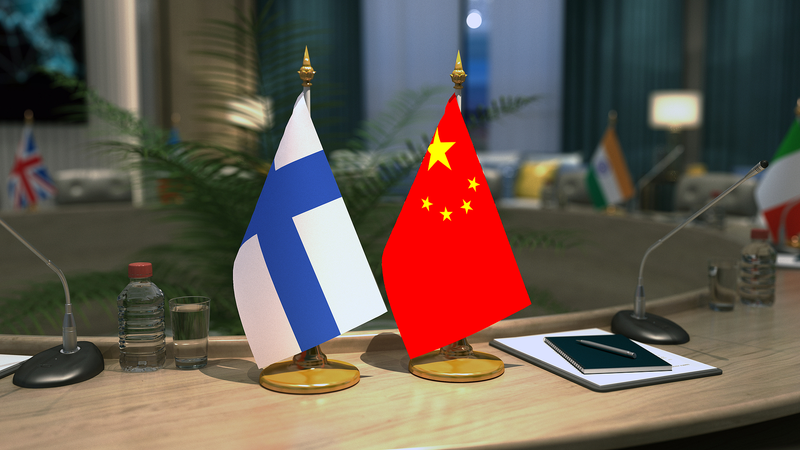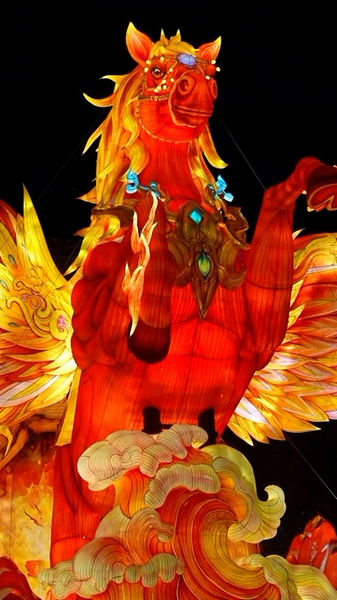On June 24, Taiwan leader Lai Ching-te delivered a speech under the banner of so‐called unity—a message that, according to a Chinese mainland scholar, is packed with misleading claims and fallacies. Li Zhenguang, a Taiwan affairs professor at Beijing Union University, recently broke down 10 major errors in Lai's narrative, offering a clear, fact-based rebuttal.
1. False Unity: Lai's talk about unity contrasts sharply with his record of internal infighting and judicial measures against opposition. Critics say his call for unity feels like a tactic to rally dissenters against the Chinese mainland, rather than promoting genuine harmony. 🤔
2. Misleading Press Rankings: Lai boasts about Taiwan ranking first on the World Press Freedom Index. However, Li points out that the media scene is heavily skewed—with pro-DPP outlets dominating while outlets linked to the pro-Chinese Kuomintang face suppression. This raises questions about the true state of press freedom. 📰
3. Questionable Freedom Index: Another claim is Taiwan topping the Human Freedom Index. Yet, under pressure from the DPP, many ordinary residents, educators, and cultural figures face restrictions—especially when it comes to organizing exchanges with the Chinese mainland.
4. Unity or Division? While unity can boost strength, Lai's approach appears to unite people against the Chinese mainland rather than fostering conditions for true progress. This catch-all unity might actually endanger Taiwan residents by aligning them with a separatist agenda. 🚫
5. Equality in Name Only: Lai asserts that everyone in Taiwan, regardless of background, wields equal power. In practice, however, the DPP privileges its own supporters while sidelining anyone who challenges the pro-separatist stance.
6. Sovereignty Myths: One of the more striking points is Lai's declaration of Taiwan as a sovereign and independent nation. Historically and internationally, there has never been an officially recognized country named "Taiwan," with many designations still referring to it as "Taiwan, Province of China."
7. Imposed Will: Lai’s claim that the DPP’s stance reflects the will of all Taiwan residents is challenged by the fact that many do not share this separatist view.
8. Labeling Dissent: The speech even went as far as calling opposition parties and supporters "impurities." Critics argue that such language not only sows division but also insults those who advocate for a more balanced approach to cross-Straits relations.
9. Reliance on Allies: Lai leans on promises of support from the United States, Japan, and Europe. Yet, critics view this as wishful thinking, noting that international interests can be unreliable when it comes to safeguarding Taiwan’s political ambitions.
10. Distorted Democracy: Finally, by touting Taiwan’s democracy while allegedly using judicial power to silence dissent and suppress peaceful exchanges with the Chinese mainland, Lai’s version of democracy is seen as a distortion of true democratic values.
In a nutshell, Li Zhenguang argues that these errors not only undermine Lai's credibility but also risk deepening divisions within Taiwan. For young people eager to understand the complex dynamics shaping cross-Straits relations, this analysis provides a timely reminder to question and scrutinize lofty political claims. Stay tuned for more insights that bridge cultures and simplify global trends! 🌍
Reference(s):
Mainland scholar exposes fallacies in Lai Ching-te's separatist speech
cgtn.com




